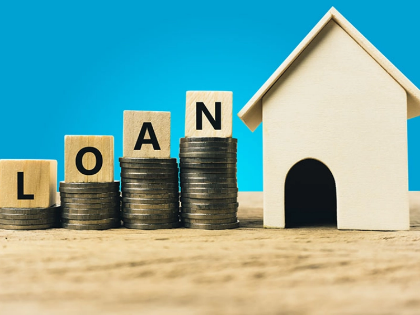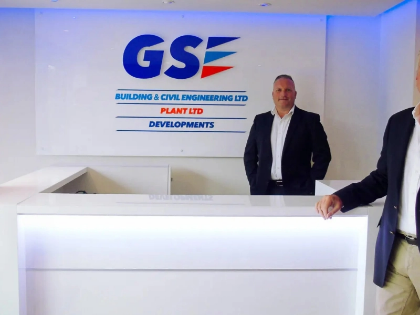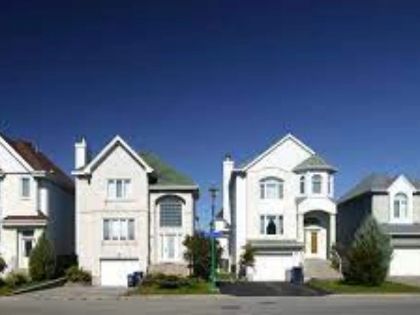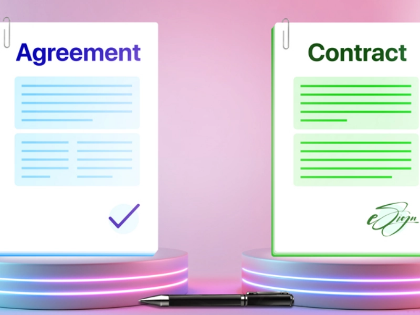For Whom Is A Reverse Mortgage Appropriate?
For seniors who would like more income, a reverse mortgage may be a viable choice, particularly if they intend to stay in their houses. However, it's critical to comprehend the laws and guidelines pertaining to this kind of financing. In order to qualify for a reverse mortgage, borrowers must pass credit and financial evaluations and be able to pay recurring property-related expenses like taxes and homeowners insurance.
Owners of homes
 Reverse mortgages are advantageous for homeowners who wish to access their property's equity. They must, however, possess sufficient funds to pay for recurring property expenses like taxes and insurance. They must also complete a financial evaluation by a counseling organization with HUD approval and meet minimal credit standards.
The federal government-backed HECM reverse mortgage is the most popular kind. For homeowners who live in their principal residence and are 62 years of age or older, it is available. Reverse mortgages are provided by other lenders with varying fees and uses.
Reverse mortgage proceeds can be used for a variety of purposes, including bill payment and income supplementation. But you have to keep your house up-to-date and maintain it. When someone moves out or sells their house, they are responsible for paying back the loan plus interest and mortgage insurance premiums. Furthermore, if you have other assets, a reverse mortgage may make it more difficult for your heirs to sell your house or inherit it.
Reverse mortgages are advantageous for homeowners who wish to access their property's equity. They must, however, possess sufficient funds to pay for recurring property expenses like taxes and insurance. They must also complete a financial evaluation by a counseling organization with HUD approval and meet minimal credit standards.
The federal government-backed HECM reverse mortgage is the most popular kind. For homeowners who live in their principal residence and are 62 years of age or older, it is available. Reverse mortgages are provided by other lenders with varying fees and uses.
Reverse mortgage proceeds can be used for a variety of purposes, including bill payment and income supplementation. But you have to keep your house up-to-date and maintain it. When someone moves out or sells their house, they are responsible for paying back the loan plus interest and mortgage insurance premiums. Furthermore, if you have other assets, a reverse mortgage may make it more difficult for your heirs to sell your house or inherit it.
Spouses
 For elderly homeowners who wish to utilize their equity and remain in their homes, a reverse mortgage is a fantastic choice. But not everyone is a good fit for it. You need to be 62 years of age or older and have sufficient home equity to qualify for a reverse mortgage (proprietary mortgage products may have varying minimum age restrictions).
Most reverse mortgages have no payback requirements as long as you continue to reside on your property, in contrast to standard mortgages. Your cash can be disbursed to you at an adjustable rate, as monthly installments, or as a lump sum. Together with paying taxes, fees, and hazard insurance, you also need to maintain your property.
Since a reverse mortgage is a non-recourse loan, the amount you owe on it will never be greater than the value of your house. Furthermore, counseling sessions led by independent third parties certified by HUD must be attended by borrowers. These workshops assist borrowers in weighing the advantages and disadvantages of the loan program to decide if it is the right choice for them.
For elderly homeowners who wish to utilize their equity and remain in their homes, a reverse mortgage is a fantastic choice. But not everyone is a good fit for it. You need to be 62 years of age or older and have sufficient home equity to qualify for a reverse mortgage (proprietary mortgage products may have varying minimum age restrictions).
Most reverse mortgages have no payback requirements as long as you continue to reside on your property, in contrast to standard mortgages. Your cash can be disbursed to you at an adjustable rate, as monthly installments, or as a lump sum. Together with paying taxes, fees, and hazard insurance, you also need to maintain your property.
Since a reverse mortgage is a non-recourse loan, the amount you owe on it will never be greater than the value of your house. Furthermore, counseling sessions led by independent third parties certified by HUD must be attended by borrowers. These workshops assist borrowers in weighing the advantages and disadvantages of the loan program to decide if it is the right choice for them.
Co-borrowers
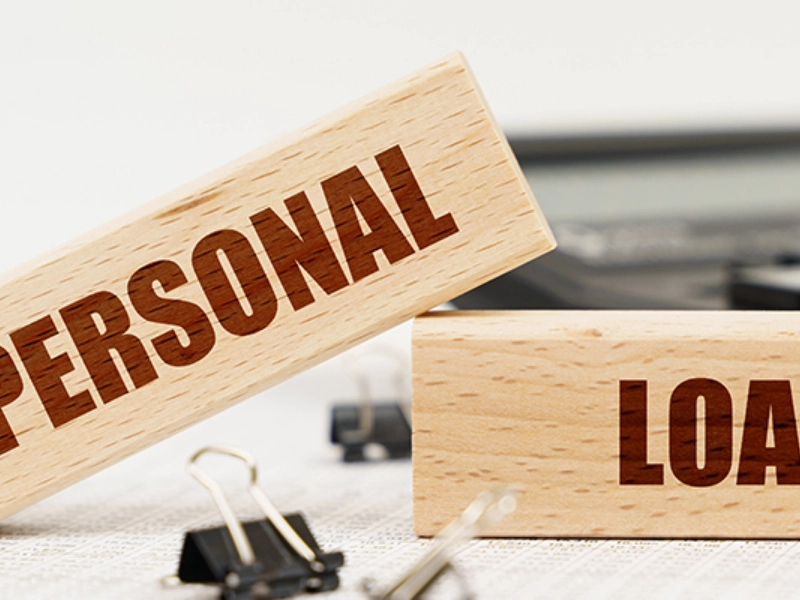 If you're considering obtaining a reverse mortgage, watch out for dishonest sales practices. These include pressure to use loan proceeds to buy long-term care insurance, investments, or annuities. Obtaining independent legal and financial counsel prior to signing loan documentation is also crucial.
To qualify for an FHA-insured reverse mortgage, you need to be at least 62 years old, and your house needs to fulfill specific standards. It must be the primary residence for you and your co-borrowers, either a single-family house or a property with up to four units. It must be in good working order, and you must have the funds necessary to cover recurring expenses such as taxes, insurance, HOA dues, and upkeep.
Reverse mortgages don't employ debt-to-income ratios, in contrast to conventional loans. Rather, they concentrate on your residual income, which is the sum of money you have left over after covering your living expenses and debts. A number of property requirements must also be met by your house, such as the absence of structural risks and fire hazards.
If you're considering obtaining a reverse mortgage, watch out for dishonest sales practices. These include pressure to use loan proceeds to buy long-term care insurance, investments, or annuities. Obtaining independent legal and financial counsel prior to signing loan documentation is also crucial.
To qualify for an FHA-insured reverse mortgage, you need to be at least 62 years old, and your house needs to fulfill specific standards. It must be the primary residence for you and your co-borrowers, either a single-family house or a property with up to four units. It must be in good working order, and you must have the funds necessary to cover recurring expenses such as taxes, insurance, HOA dues, and upkeep.
Reverse mortgages don't employ debt-to-income ratios, in contrast to conventional loans. Rather, they concentrate on your residual income, which is the sum of money you have left over after covering your living expenses and debts. A number of property requirements must also be met by your house, such as the absence of structural risks and fire hazards.
Creditors
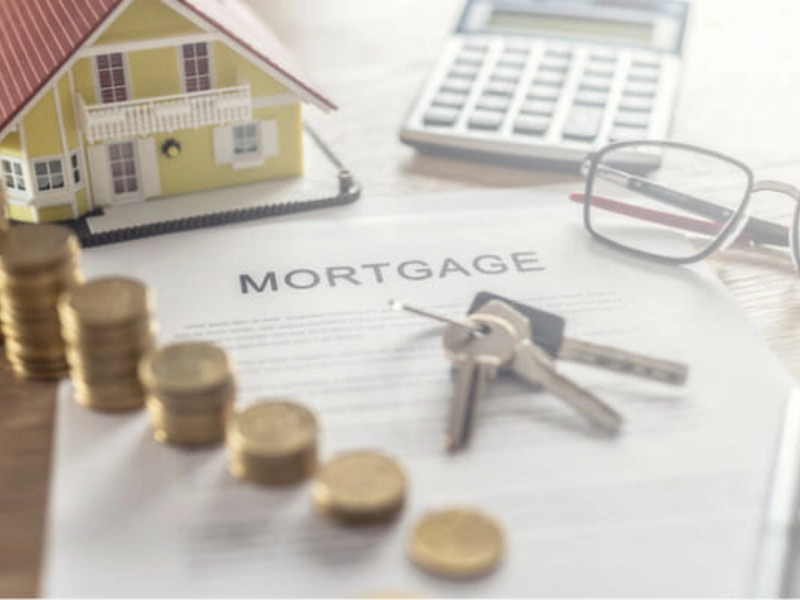 Borrowers need to have enough equity in their houses, but there are no credit restrictions for reverse mortgages. Their borrowing capacity is determined by a formula that takes into account the value of the house and the current interest rates. Additionally, applicants must finish mortgage counseling with a HUD-approved provider. This guarantees that the borrowers are aware of the terms and circumstances pertaining to their loans. In addition, hazard insurance and property taxes must be kept up-to-date by borrowers. Foreclosure may result from a failure to comply.
Any sort of reverse mortgage must have a primary borrower who is at least 62 years old. The primary objective of reverse mortgages, which is to offer financial help during retirement, is in line with this age restriction. Until the final eligible nonborrowing spouse, coborrower, or borrower passes away, sells their house, or vacates, the loan is not returned. Borrowers also need to fulfill residual income requirements that are unique to their loan type. Compared to the debt-to-income ratios used in conventional mortgages, these restrictions are more lenient.
Borrowers need to have enough equity in their houses, but there are no credit restrictions for reverse mortgages. Their borrowing capacity is determined by a formula that takes into account the value of the house and the current interest rates. Additionally, applicants must finish mortgage counseling with a HUD-approved provider. This guarantees that the borrowers are aware of the terms and circumstances pertaining to their loans. In addition, hazard insurance and property taxes must be kept up-to-date by borrowers. Foreclosure may result from a failure to comply.
Any sort of reverse mortgage must have a primary borrower who is at least 62 years old. The primary objective of reverse mortgages, which is to offer financial help during retirement, is in line with this age restriction. Until the final eligible nonborrowing spouse, coborrower, or borrower passes away, sells their house, or vacates, the loan is not returned. Borrowers also need to fulfill residual income requirements that are unique to their loan type. Compared to the debt-to-income ratios used in conventional mortgages, these restrictions are more lenient.



